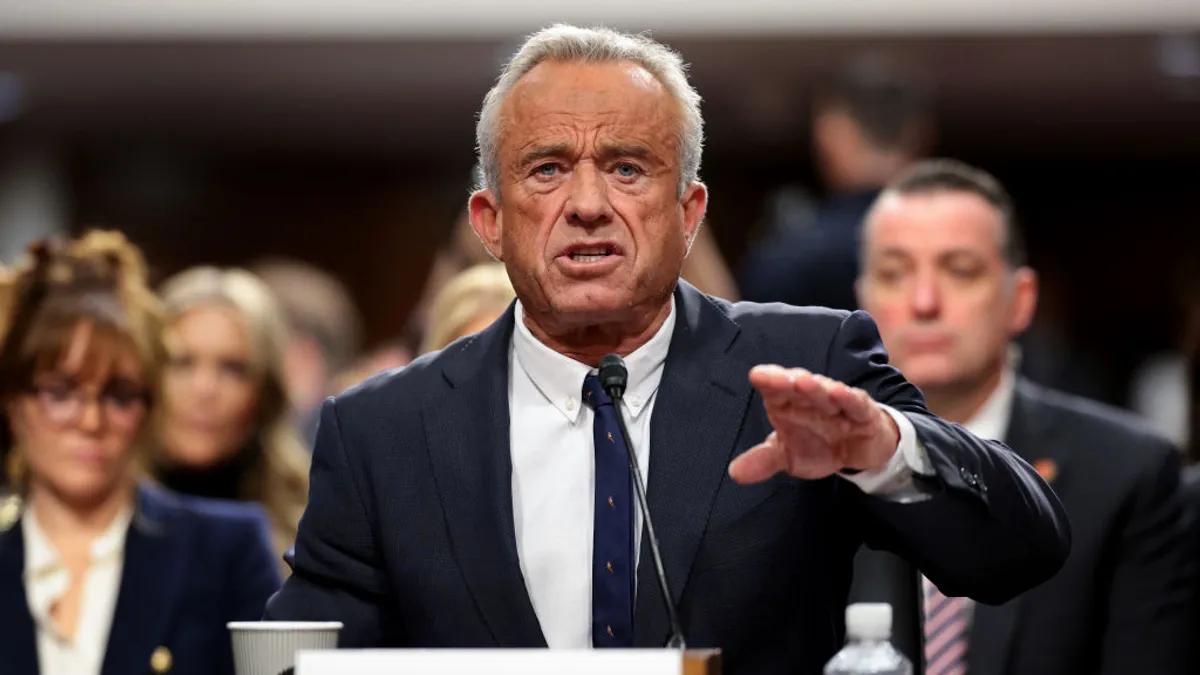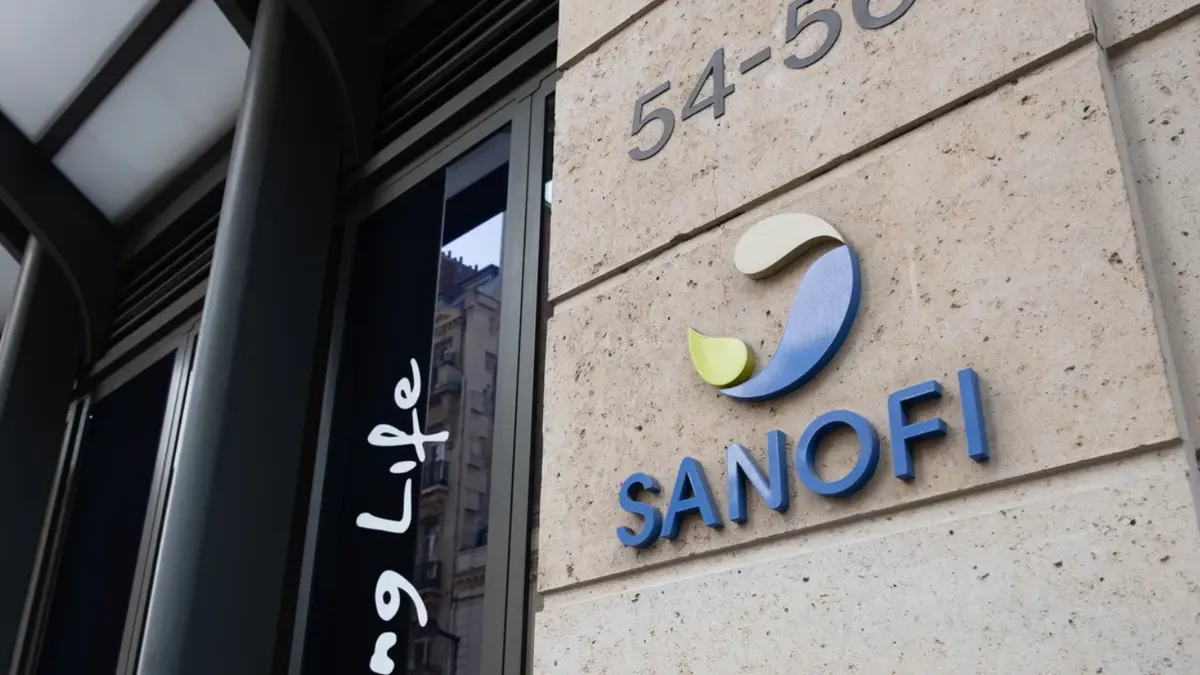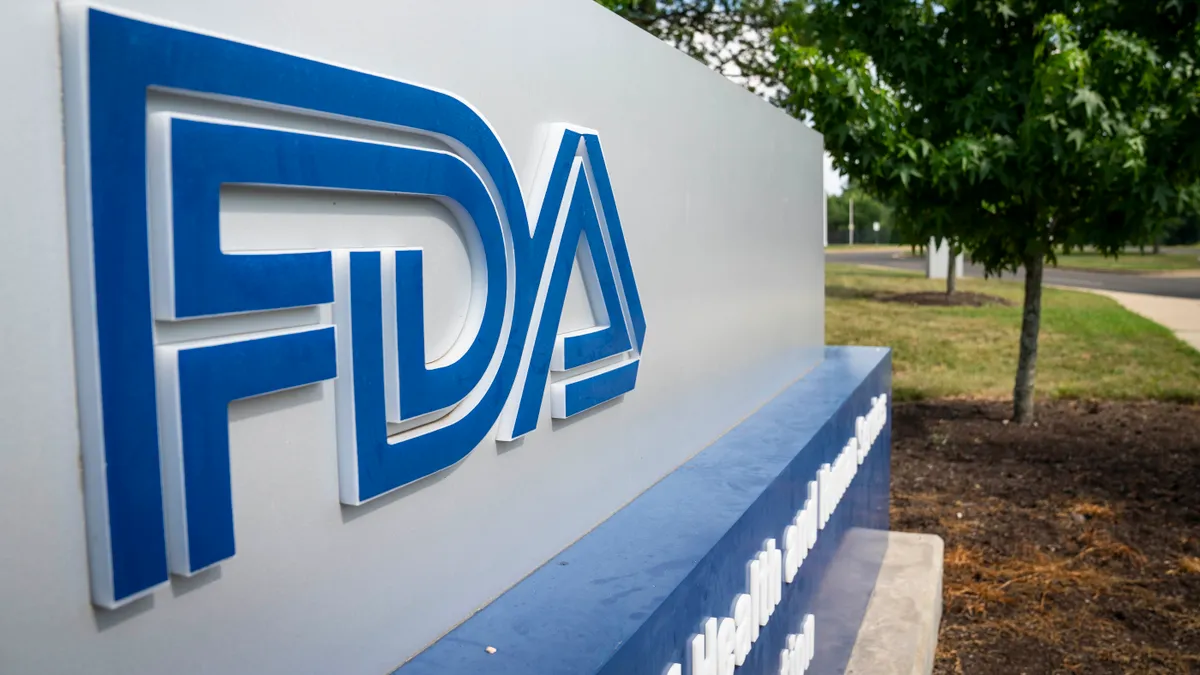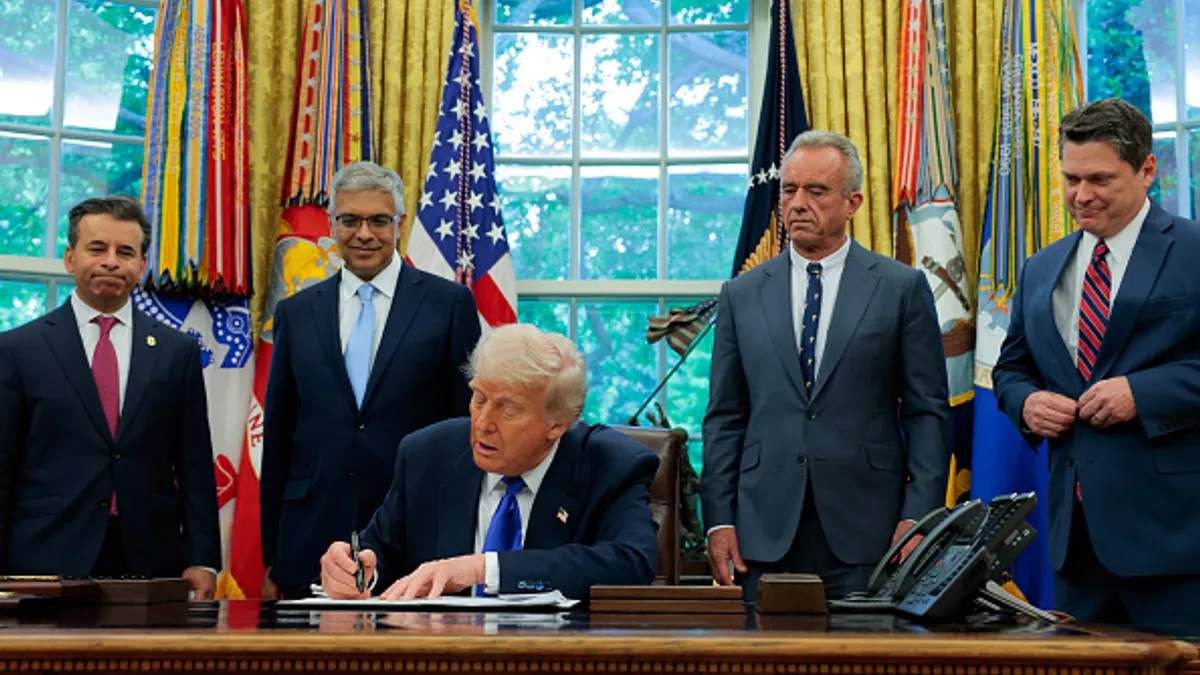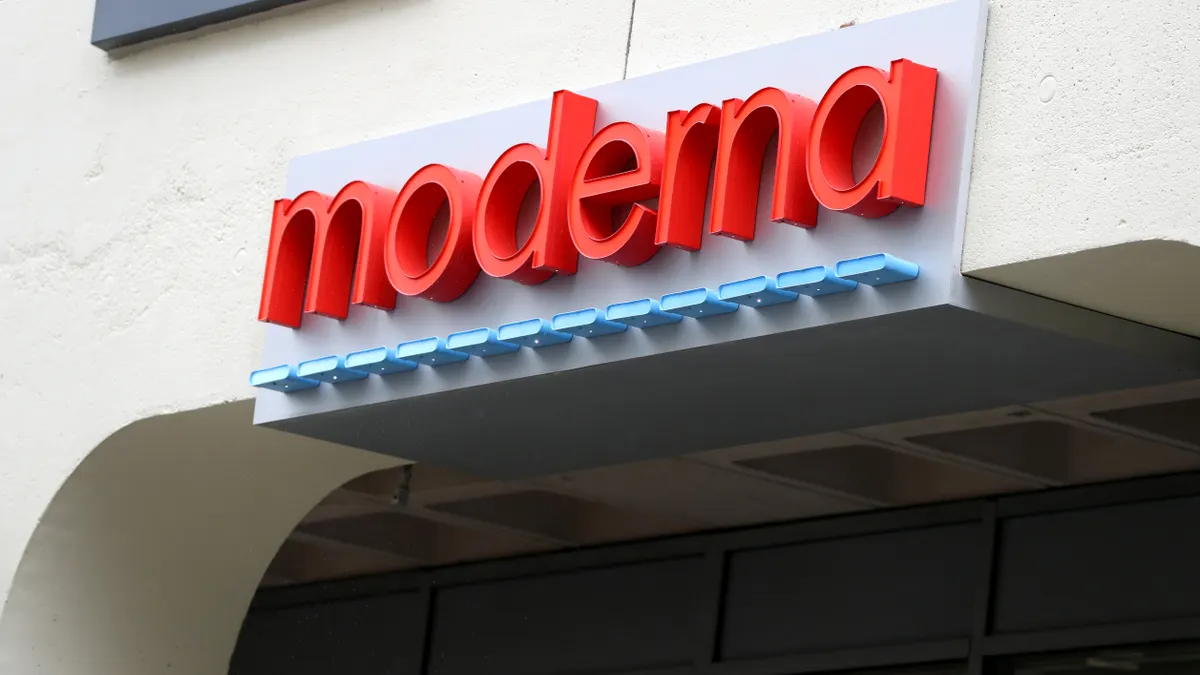Democratic senators confronted Robert F. Kennedy Jr. on his positions concerning vaccines, health services and abortion during a contentious hearing held Wednesday to review his nomination as the nation’s next health secretary.
Kennedy’s selection by President Donald Trump has drawn significant scrutiny from Democrats, who have pointed to Kennedy’s yearslong record impugning various vaccines, particularly in his past role as founder and chairman of the Children’s Health Defense. The group, in contradiction of scientific studies, has linked the rise of many chronic diseases to vaccination.
A few Republican senators are thought to also be considering voting against Kennedy, who ran for president as an independent before suspending his campaign and endorsing Trump. Wednesday’s hearing was held by the Senate Finance Committee and on Thursday Kennedy will appear before the Senate Committee on Health, Education, Labor and Pensions.
If confirmed as head of the Department of Health and Human Services, Kennedy would oversee important swathes of the federal government, including the Food and Drug Administration, Medicare, Medicaid and the National Institutes of Health.
He has pledged to focus on finding solutions for what he describes as an epidemic of chronic diseases like diabetes and obesity. And ahead of this week’s hearings, Kennedy has attempted to walk back some past statements on vaccines. He’s said he doesn’t plan to “take vaccines away from anybody” and, in an opening statement Wednesday, disputed he’s anti-vaccine. “News reports have claimed that I am anti-vaccine or anti-industry,” Kennedy said. “Well, I am neither; I am pro-safety.”
Kennedy has, despite evidence to the contrary, associated vaccination with autism, erroneously claimed vaccines aren’t tested for safety before approval, and suggested there are few vaccines for which the benefits outweigh the risks. Kennedy also petitioned the FDA in 2021 to revoke the authorization of COVID-19 vaccines and refrain from issuing any new approvals.
Ron Wyden, the finance committee member’s ranking member and Democratic senator from Oregon, attacked Kennedy for embracing “conspiracy theories, cranks [and] charlatans, especially when it comes to the safety and efficacy of vaccines.”
“He has made it his life's work to sow doubt and discourage parents from getting their kids life-saving vaccines,” Wyden said at the beginning of Wednesday’s hearing. “It has been lucrative for him and put him on the verge of immense power.”
Wyden also questioned Kennedy about actions he took during a 2019 measles outbreak in Samoa, which led to the deaths of 83 people. Kennedy had visited the island country that year and, critics claim, spread misinformation about both the measles vaccine and the cause of the outbreak.
Challenged by Wyden, Kennedy denied any wrongdoing. “You cannot find a single Samoan who will say, ‘I didn't get the measles vaccine because of Bobby Kennedy.’”
Sens. Maggie Hassan, D-N.H., and Elizabeth Warren, D-Mass., also pressed Kennedy on whether his views on vaccines would influence his actions as Health and Human Services Secretary, if confirmed.
“I am extremely concerned that, as Secretary, you would be able to hold critical vaccine research and to exploit parents’ natural worries by advising them not to vaccinate their children,” Hassan said.
Warren sought Kennedy’s commitment he would refuse compensation from lawsuits brought against vaccine makers. Financial disclosures show he stands to receive 10% of any fees awarded in certain cases brought by the firm Wisner Baum, which is suing Merck & Co., the maker of the human papillomavirus vaccine Gardasil.
Kennedy agreed he wouldn't seek compensation from such suits while HHS Secretary, but did not similarly commit to do so after his time in office.
As HHS head, Warren noted, Kennedy could influence vaccine recommendations and whether shots are included in a federal compensation program. Kennedy could also share data from the FDA to law firms, Warren claimed.
“For all of this talk about following the science ... the bottom line is the same, Kennedy can kill off access to vaccines and make millions of dollars while he does it,” said Warren.
The challenges to Kennedy over vaccines came from Democrats on the panel rather than Republicans, who mainly focused their questions on his views on abortion access, agriculture and rural healthcare. Throughout the hearing, Kennedy insisted he is supportive of vaccines, but did not offer any specifics of how, as HHS Secretary, he would encourage their use or otherwise ensure their availability.
Jonathan Gardner and Ned Pagliarulo contributed reporting.



